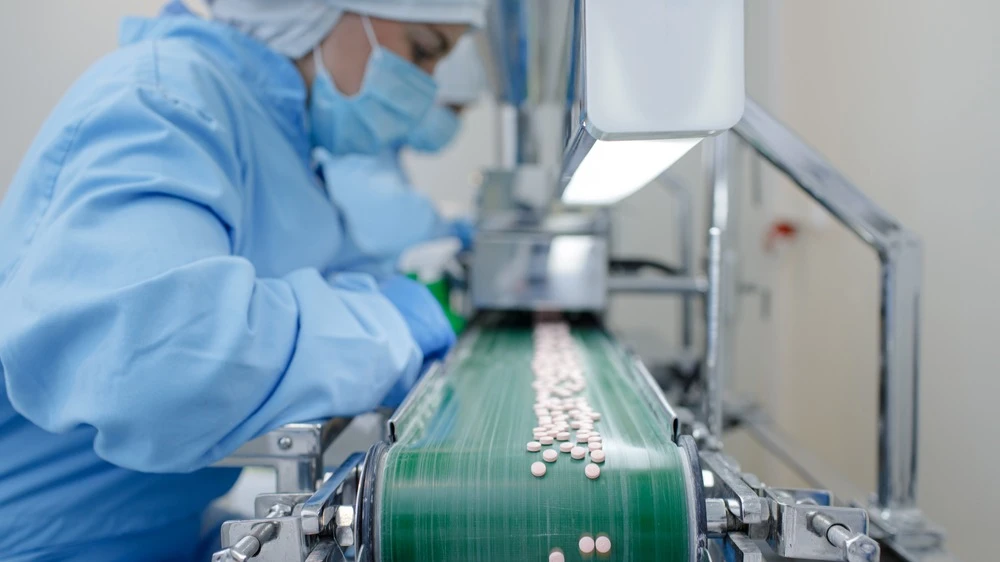China's biotech stocks post worst collapse in 5 months due to possible U.S. restrictions
Investors were taking profits after quotations in the sector doubled since the beginning of 2025

Shares of pharmaceutical companies in China fell sharply in trading on Thursday, showing the strongest decline in five months. The reason was the NYT report that the administration of U.S. President Donald Trump is considering imposing severe restrictions on imports of Chinese medicines. The market soon recovered some of its losses: analysts called the reaction short-term and largely related to profit taking.
Details
Exchange index Hang Seng Biotech, reflecting the dynamics of shares of biotechnology companies on the Hong Kong Stock Exchange, in the course of trading on September 11, collapsed in the moment by 8.6%. According to Bloomberg, this rate of decline in the index was the strongest over the past five months. However, then the shares partially recovered the losses, and at the closing the index was 3.4% lower than it was a day earlier.
Shares of Hansoh Pharmaceutical in Hong Kong collapsed by 18% at the opening of trading, which was a record fall for them, while Sichuan Kelun-Biotech Biopharmaceutical lost 13%. Shares of Hangzhou Tigermed Consulting also collapsed 13% in mainland China trading. All these securities then reduced the drawdown along with the industry index. Compared to the early 2025, Hang Seng Biotech is still up nearly 100%, Bloomberg noted.
The New York Times reported that in order to support the American pharmaceutical industry, the White House has drafted a decree that threatens to cut off the flow of billions of dollars worth of experimental drugs from China to the United States. According to the newspaper, in recent years major Western pharmaceutical companies have been actively buying up the rights to drugs created in China to fight cancer, obesity, cardiovascular and other diseases, ignoring similar developments by American startups.
What the analysts are saying
This information noise is unlikely to affect the prospects of Chinese biotech companies entering into license agreements to sell their developments abroad, said Jefferies analyst Cui Cui in a Bloomberg statement. According to him, short-term volatility on the stock market may be caused by investors' profit taking.
China's biotech sector has gained weight as a new center of pharmaceutical innovation in 2025, which has contributed to a significant rise in stock prices, notes Bloomberg. "Political decisions may cause short-term turbulence, but they are unable to change the long-term value of China's innovative drug industry," the agency quoted Exome Asset Management analyst Yiqi Liu as saying.
Context
Pharmaceutical giants are increasingly making deals with biotech companies from China on new therapies. In the first half of 2025 alone, the volume of such deals with Chinese firms amounted to about $60 billion - 16% more than the amount of contracts for the whole of 2024, Bloomberg cites data from the Chinese platform PharmCube.
This article was AI-translated and verified by a human editor
